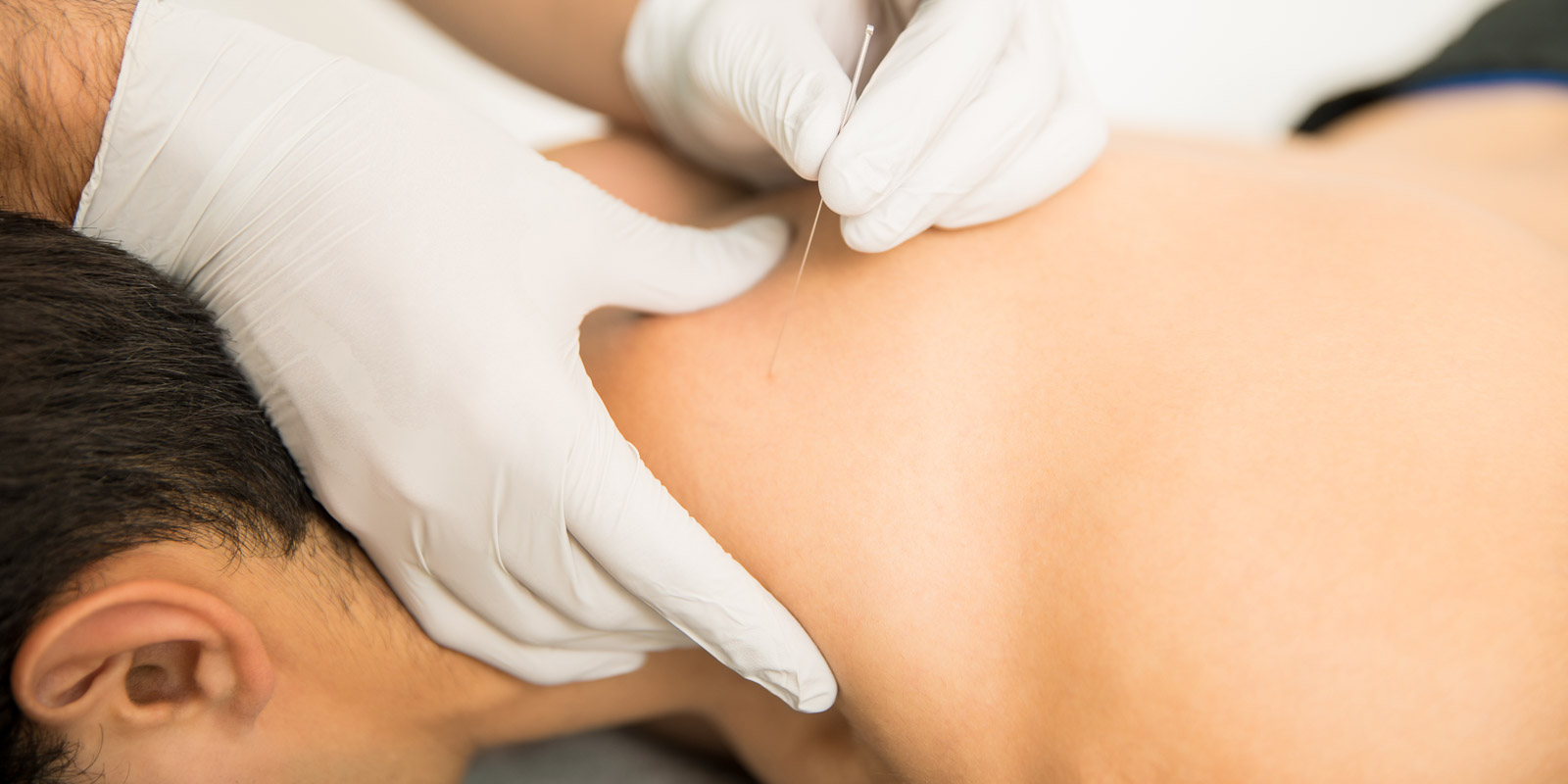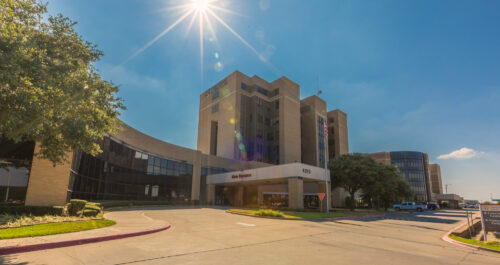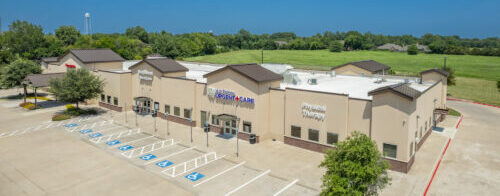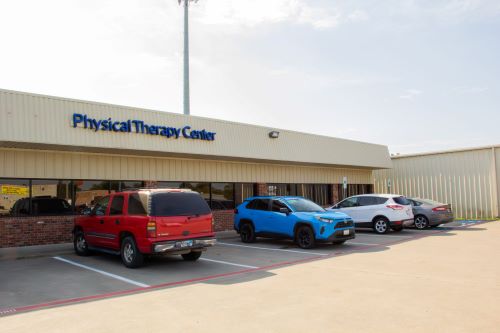
Therapy Services
About
The Therapy Services team at Hunt Regional Healthcare works hard to help patients get back to life, family, and friends as quickly as possible. Whether you receive inpatient or outpatient rehabilitation services, each program is designed to meet your needs.
Our programs cater to individuals facing various difficulties, including limitations in self-care, impaired mobility, balance, and coordination, joint strength and motion restrictions, changes in memory and cognitive functions, speech and communication problems, and swallowing disorders. These difficulties can arise from conditions such as stroke, hip fractures, certain forms of arthritis, amputations, neurological disorders like multiple sclerosis (MS), Parkinson's disease, muscular dystrophy, major multiple trauma, spinal cord injury, and brain injury.
Services
At Hunt Regional Healthcare, all of our individual rehabilitation programs are designed with the patient in mind. Whether the goal is to relieve chronic pain, improve motor skills or work toward exercising independently, our rehabilitation team is dedicated to helping patients overcome challenges and get back to their ways of life. Learn more about each one of our rehabilitation programs below:
Frequently Asked Questions
Do you have questions about the rehabilitation services offered at Hunt Regional Healthcare? Our FAQ section will provide you with the answers you’re looking for. Below is a list of questions addressed throughout our Rehabilitation FAQ.













